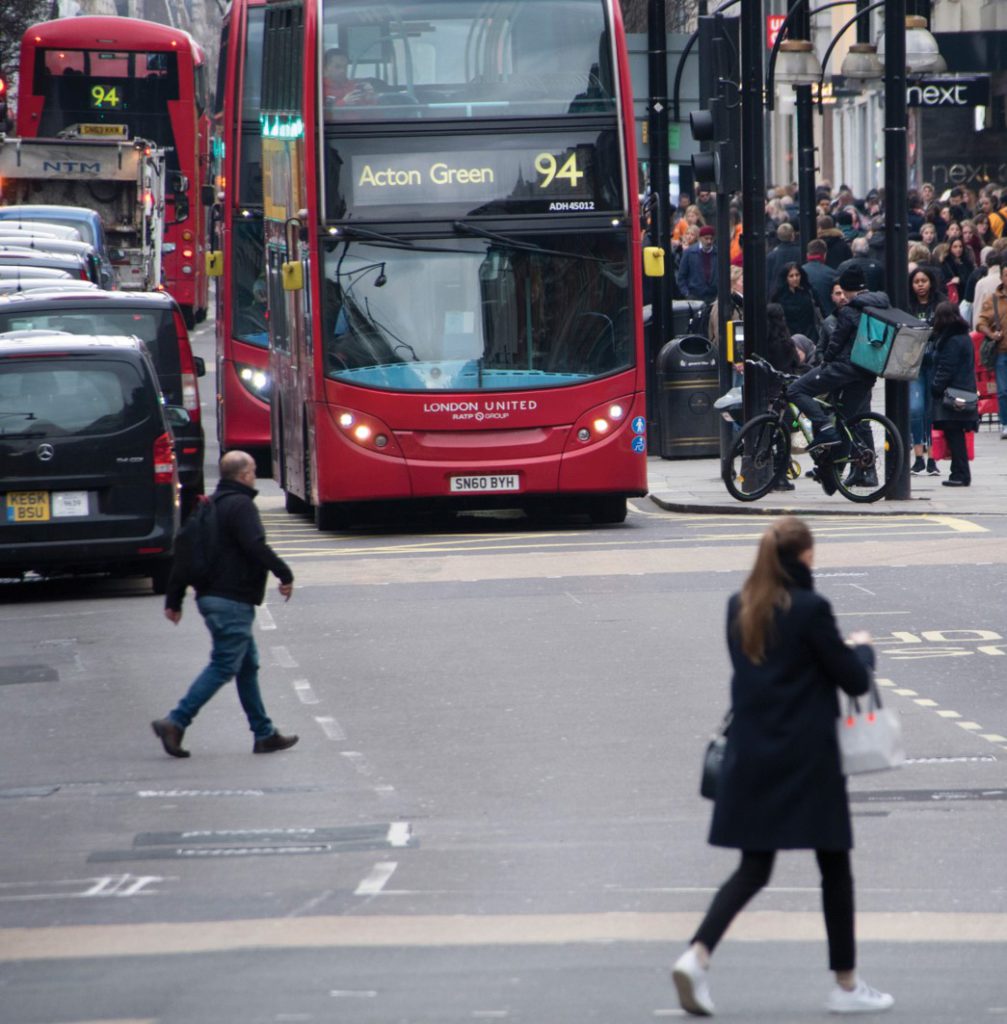Impacts of transport-related policy measures on air quality
A new report from CE DELFT for the European Public Health Alliance (EPHA), reviews the impacts of transport-related policy measures in cities and the repercussions for affect air quality.
Urban air pollution is a principle concern for cities and regions across Europe- and indeed the globe. With recent research for the EPHA revealing that poor air quality costs every European citizen over €1,250 per year, managing air quality effectively is an issue increasingly high on local authority’s agenda.
Achieving this requires renewed sustainable mobility efforts. The transport sector contributes roughly 40 to 50% to overall NOx emissions and 10 to 15% to PM emissions. While European vehicle emission standards (the ‘Euro standards’) will lead to a decrease in exhaust emissions, with a positive impact on air quality between now and 2030, projected health impacts of air quality remain concerning.
As a result, rigorous- yet targeted policy measures are required. CE DELFT’s study aims to assist this process by reviewing current transport-related policy measures in cities including London, Lisbon and Milan, identifying best practices, the challenges faced and possible policy solutions.
The study assesses measures including:
- congestion charging;
- environmental (low-emission) zones;
- car-sharing schemes;
- parking policies;
- cycling/walking policies.
Key findings?
The study reveals that Congestion charging and Low-Emission Zones (LEZ)/Environmental zones have the greatest potential to reduce transport PM and NOx emissions in cities.
For congestion charging, based on evaluations of cities that have implemented these measures (including POLIS members, London, Stockholm, Milan and Gothenburg) a 10 to 20% reduction in emissions is attainable. Indeed, in Stockholm, NOx emissions decreased by 8.5% as a consequence of its congestion charging zone.
Simultaneously, cities including Lisbon and Milan have implemented a LEZ, banning the oldest, most polluting vehicles from their city centres. These have also proved highly effective and In Lisbon, its introduction precipitated a drop in PM and NO2 levels by 23 and 12% respectively.
Parking policies are also identified for their efficacy, yet in reducing emissions by 5 and 10%, these are not as powerful.
Critically, the report emphasises the necessity for solutions tailored to the individual needs of each city and region. While air quality is a common challenge, emissions differ dramatically between each city and region, and each has a unique mobility landscape.
Therefore, when examining possible policy responses, the report highlights key governance issues including public awareness, existing infrastructure and pricing.
The EPHA's recommendations, based on the report findings, are:

Read the full report here.




